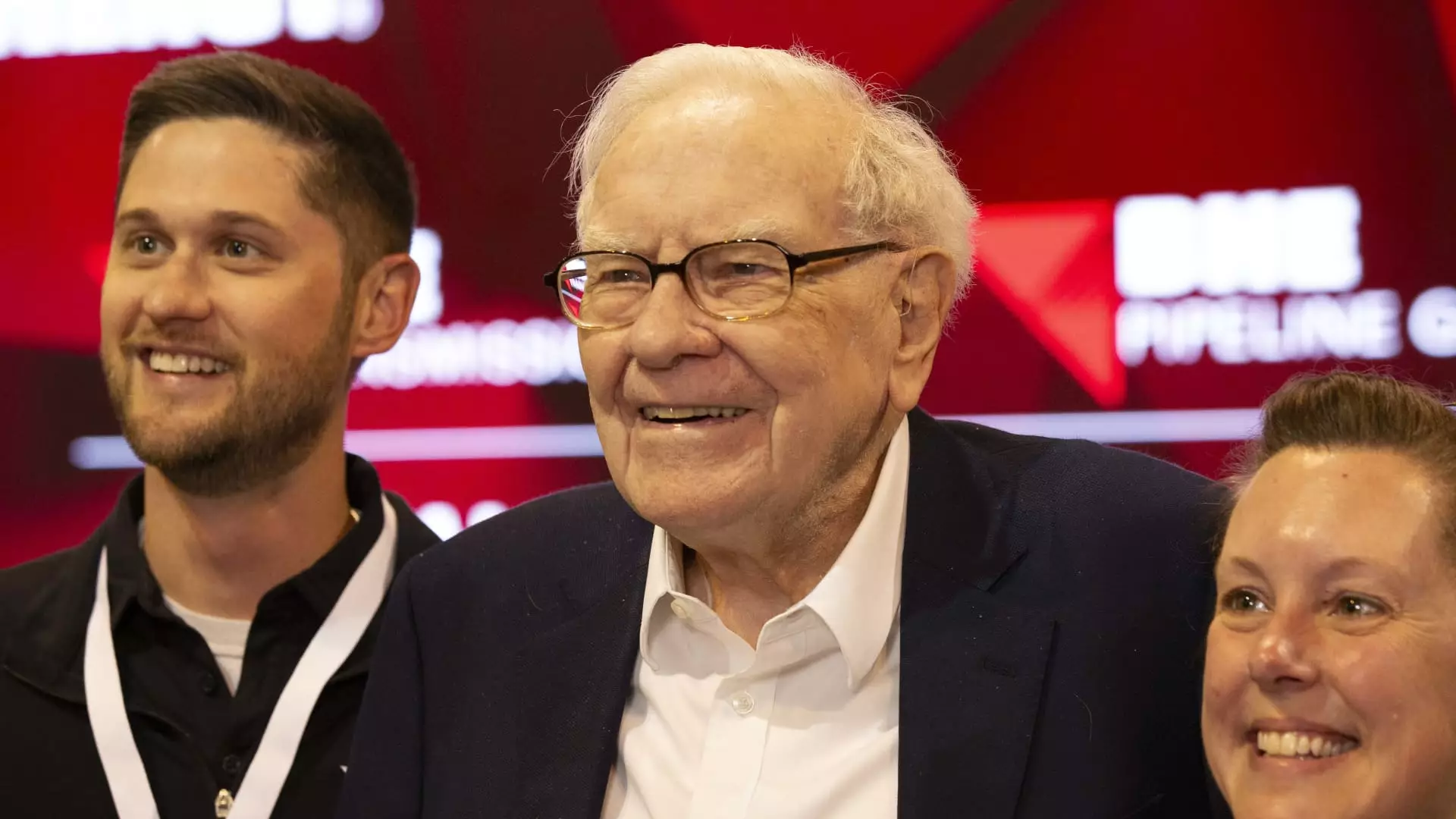Warren Buffett, widely recognized as one of the most successful investors of all time, is making headlines again with recent moves in his investment portfolio. The latest earnings report from Berkshire Hathaway indicates a strategic pivot, revealing a significant reduction in its stake in Apple Inc., which has raised eyebrows among investors and analysts alike. This article delves into the implications of these changes and examines Buffett’s core investment strategies and their outcomes.
The latest disclosures from Berkshire Hathaway show that approximately 70% of its equity investments are concentrated in just five key stocks: Apple, Bank of America, Coca-Cola, American Express, and Chevron. This concentration underscores Buffett’s long-held belief in investing heavily in a select few companies that he deems to have robust fundamentals. However, the recent decision to reduce his investment in Apple—his most lucrative holding—brings his strategic rationale into question, sparking debate over whether this is a defensive maneuver or a reallocation of resources.
Warren Buffett has trimmed his Apple stake for four consecutive quarters, selling off nearly a quarter of his investment, which now stands at approximately $69.9 billion. Buffett’s earlier justification for these sales pointed towards anticipated hikes in capital gains taxes, a pragmatic consideration for a seasoned investor. Nevertheless, the sheer volume of the sales has prompted speculation regarding underlying concerns about Apple’s valuation or its future performance. Are these sales a reflection of Buffett’s waning confidence in Apple’s ability to maintain its growth trajectory, or merely a tactical adjustment in anticipation of tax implications?
Alongside Apple, Berkshire Hathaway has significantly downsized its holdings in Bank of America, realizing over $10 billion in gains since mid-July. This move is particularly notable as it marks a shift in investment priorities. By the end of the third quarter, Bank of America had slipped to third place behind American Express, with Berkshire now holding $41.1 billion in the credit card company. This repositioning raises questions about Buffett’s long-term outlook on the banking sector and reflects changing financial circumstances that may compel Berkshire to rethink its allegiance to previously favored stocks.
Despite the shifts with Apple and Bank of America, several other investments remain steady. Buffett’s position in Chevron has remained unchanged at a valuation of $17.5 billion, even as energy stocks have struggled to keep pace with broader market gains. Similarly, Coca-Cola continues to hold its ground in Berkshire’s portfolio, valued at $28.7 billion. While the beverage giant has seen a respectable uptick of 10.3% in 2024, it still lags behind the S&P 500’s impressive 20.1% return, hinting at Buffett’s preference for reliable, established companies in uncertain market conditions.
Warren Buffett’s recent investment decisions illustrate a complex strategy influenced by both market dynamics and personal financial forecasting. Though the reduction of stakes in Apple and Bank of America may raise eyebrows, they embody a calculated approach that seeks to optimize return in a fluctuating economy. Investors would do well to watch these trends closely, not just for their immediate effects, but for the broader lessons they impart on investment philosophy and adaptability in the face of changing market signals. While Buffett’s moves may provoke questions, they also reinforce his reputation as a thoughtful and reflective steward of capital, always seeking to balance risk and reward judiciously.

